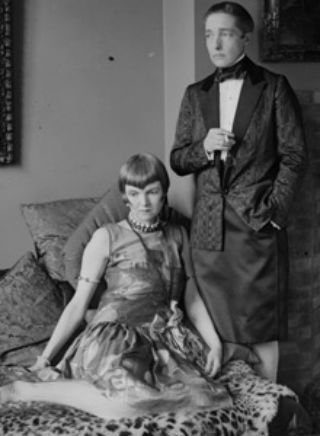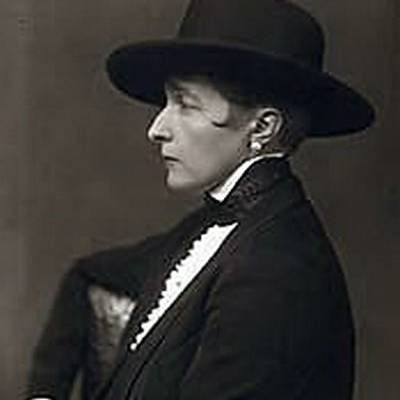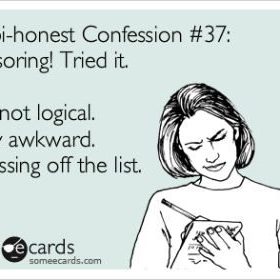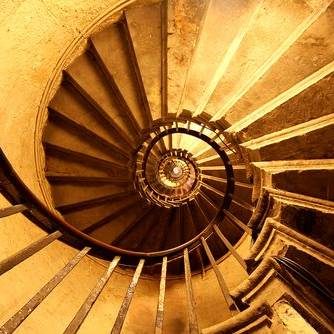
Authoring Our Experience
One of the main purposes of literature is as an attempt to understand the world through the eyes of others, often those we don’t recognise.
But lesbian literature has always been slightly different. The original purpose could be said (as in the case of Radclyffe Hall’s The Well of Loneliness) to educate broader society about the existence, and relative normality, of the lesbian experience. Since then, however, lesbian literature has contracted until its main purpose is to speak to lesbians themselves and show through stories that we are not alone in our experiences, joys, and griefs. Small surprise then, that a great many lesbians feel uneasy when our stories are written by those outside our orientation.
As the world becomes more accepting and understanding of lesbian sexuality, more writers from outside the lesbian community are incorporating lesbian characters and experiences into their work, leaving many lesbian readers wondering if they could possibly write authentically and empathetically about a minority to which they do not belong.
Opinions are divided on the matter – ranging from those who have no interest in anything but a well-written book, to those who will only read lesbian literature written by lesbians, for lesbians.
It’s a difficult topic. On the one hand, it is hard to deny that the ‘mainstreaming’ of the lesbian experience in books is a step forward for society as a whole, the pulling back of a veil that has shrouded our lives for a very long time. However, where does, or could cross the line into exploitation? Is it becoming trendy to write gay and lesbian characters? And how genuinely can you write them, if you’re not one yourself? It is, of course, a writer’s job to imagine outside their experience, to open the world to varied points of view and interaction.
Remember too, that many lesbian writers include straight characters in their books without any issue or questioning of their right or ability to do so. How then, can we feel hesitant about straight authors writing about us? It’s an issue of the privilege of course, and the need for sensitivity when approaching, even fictionally, the experience of a minority group.
In 2011, the Lambda Literary Society once again began accepting nominations for its awards for GLBT books written by heterosexual authors, amid a great deal of discussion and some consternation. Since then, the number of mainstream books dealing with GLBT characters and issues has only grown. The world is a more accepting place, and lesbian literature is expanding its horizons, aiming not just to reflect the lesbian reader’s own experience, but to give that experience a legitimate place in the wider world. No matter how we feel about the issue of straight writers authoring books about, and even for, lesbians, this trend also means that lesbian authors are able to write books that take the lesbian experience out into the world, and that must surely be a good thing for us all, gay and straight.



